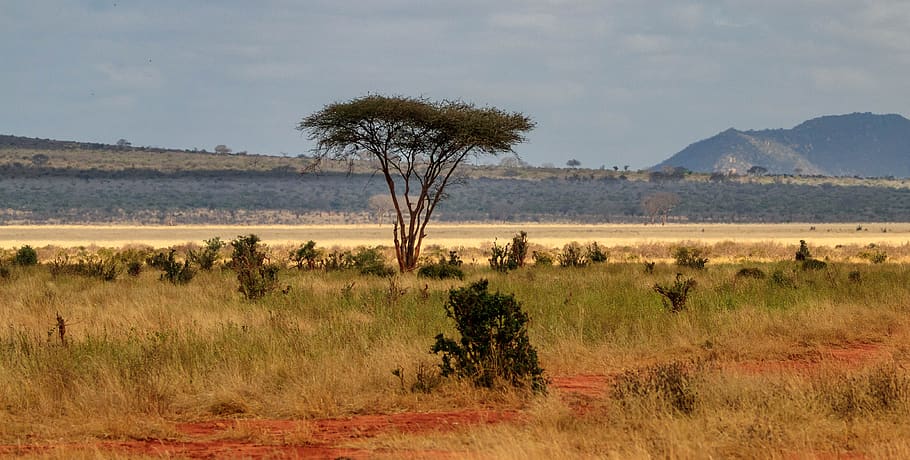
Contexts and Experiences of the African Diaspora: A Reading List
Toyin Falola Recommends Kenneth Binyavanga Wainaina, Trevor Noah, and More
Most migration scholars affirm that the twentieth century is easily the age of migration and has produced fascinating literature, especially literary works, often termed “Migration Literature.” With regards to the African diaspora, however, the migration process can be stressful regardless of the cause and type of migration and can significantly affect the emotional and mental well-being of migrating individuals.
Many studies have highlighted factors that affect African migrant individuals’ well-being, such as acculturation, cultural bereavement, and experiences and perceptions of discrimination. My new book, Memories of Africa: Home and Abroad in the United States, is centered on the African migrant experiences.
The United States of America is a focus destination for African migrants, and the past few decades have especially seen a high increase in the population of African migrants in the country. As a result, the book focuses on the experiences of African memoirists who live in the United States. Drawing from narrative identity and memoirists’ memories about Africa, they present collective stories about a community of people and effectively construct meaning out of their individual experiences in public spaces—USA and Africa—to make people become part of a shared sense of purposeful existence.
To effectively grasp the emotions and experiences of the African diasporic memoirists critically analyzed in the book, I have collected a reading list of African memoirs and academic books on African diasporic memoirs. These books provide supplemental information, additional contexts, and even understanding of key concepts on the roles of collective and personal memories in recounting variants of experiences in African Diaspora memoirs.
*
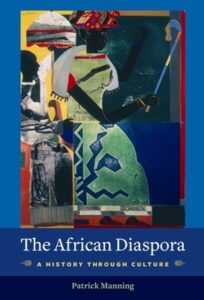
The African Diaspora: A History Through Culture by Patrick Manning
This book is an impressive read to vividly understand the idea, struggles, and connections of the African Diaspora. In this book, Manning provides three important categories of the diaspora across the book’s chapters. The chapters on the thematic strain of citizenship and equality will be invaluable in understanding the living experiences of Africans in the diaspora, which are vividly explored in the upcoming book. Also, the strength of Patrick Manning’s book lies greatly in the manner and methodology of positioning African culture to the fore in the presentation of the African diaspora.

Autobiography, Memory and Nationhood in Anglophone Africa by David Ekanem Udoinwang and James Tar Tsaaior
This book’s interconnectedness of history, literature, and politics to significantly add to the scholarship on African Life Writing and African Nationalist Self-Narratives is groundbreaking. Through the framework of memory and auto-writing, this book on nationhood provides critical analyses of the ten autobiographies from African regions, excluding North Africa, to depict the struggles faced to disrupt colonialism in their nations. The book’s writing has an empathetic tone and inspirational mood, drawing the readers to digest and feel the nationalist struggles through their narrations.

African Cultures, Memory, and Space: Living the Past Presence in Zimbabwe, edited by Munyaradzi Mawere and Tapuwa Raymond Mubaya
Readers interested in Anthropology, African Spatiality Studies, and Transnational Memory will find this book appealing. Through interdisciplinarity, this volume intrinsically dissects the dynamism of culture in the fast-paced and changing African rural and urban environment. The book’s editors emphasize the thorough evaluation and perusal of African cultural elements encapsulated in orality, memory, cultural history, and spatial analysis by peering into the challenges it exudes. In as much as the book’s focus excavates most of the evidence in Zimbabwe, the interrogation also lays claim to other geographical parts of Africa.
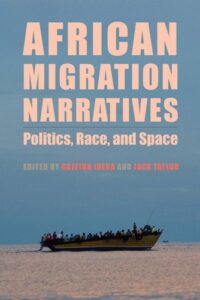
African Migration Narratives: Politics, Race, and Space, edited by Cajetan Iheka and Jack Taylor
The beauty of this volume is invested in the multi-disciplinary lens through which the reality of migration is discussed and viewed. Africa, the focus of this interesting volume, opens the reader’s mind to the appalling manhandling of resources in the continent, which is the push factor for dwellers in the continent to seek a livelihood elsewhere. The book is divided into three parts that vividly examine how African migrants explore space and places in the host country individually and with diasporic communities. These are all analyzed through films, literary works, and autobiographical poems.

One Day I Will Write About This Place: A Memoir by Kenneth Binyavanga Wainaina
Wainaina’s memoir, One Day I will write about this place, chronicles the recollections of his experiences in several parts of Africa from childhood to maturation. The expression “this place,” which signifies his home, Africa, particularly Kenya, divulges the intrinsic understanding of home. Wainaina reveals the realities in postcolony Africa by recalling his sojourn through different parts of Africa, like Kenya, South Africa, Togo, Nigeria, and Ghana, among others. In this book, Wainaina reveals the protagonist who struggles to find a place in society. His restless search for self-definition and home puts him on constant mobility.
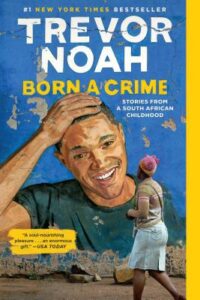
Born a Crime: Stories From a South African Childhood by Trevor Noah
This book is a collection of personal stories curated by the South African-American comedian Trevor Noah, which narrates his childhood life in Apartheid South Africa. The book largely pays tribute to the memoirist’s mother, whom he describes as fearless and strong, who lived with over 14 occupants in the same space. As inferred from the title, the focus of the book narrates Trevor Noah’s struggles as a mixed-race child who finds it difficult to fit into the social spaces of Apartheid South Africa.

I Am a Girl From Africa: A Memoir of Empowerment, Community and Hope by Elizabeth Nyamayaro
This profound memoir follows the narration of an African girl to a woman who survived a near-death experience from hunger before being rescued by an aide who works for the United Nations in Zimbabwe. Her experiences lead to her involvement in humanitarian work in communities and nations. This memoir teaches the African heart of solidarity and appeals to the sense of empathy of the readers. It is a great memoir on understanding Africa’s communalistic spirit.
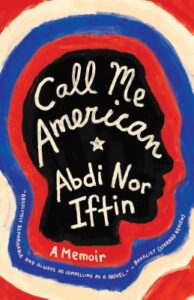
Call Me American: A Memoir by Abdi Nor Iftin
This memoir, published in 2018, chronicles the story of Iftin–born in war-torn Somalia–and his journey to the USA through a visa lottery. The book centers on the attributes of hope, perseverance, and willingness to migrate for a better life in the West, including the various nomadic experiences his family and neighbors witnessed to make living bearable. The narrator presents an honest account of his struggles and experiences after he gained entry into the United States.
__________________________________
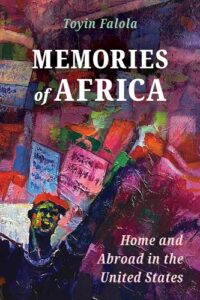
Memories of Africa: Home and Abroad in the United States by Toyin Falola is available from University Press of Mississippi.
Toyin Falola
Toyin Falola is professor of history, University Distinguished Teaching Professor, and the Jacob and Frances Sanger Mossiker Chair in the Humanities at the University of Texas at Austin. He has received over thirty lifetime career awards and fourteen honorary doctorates. He has written extensively on the African Diaspora, including The African Diaspora: Slavery, Modernity, and Globalization.



















